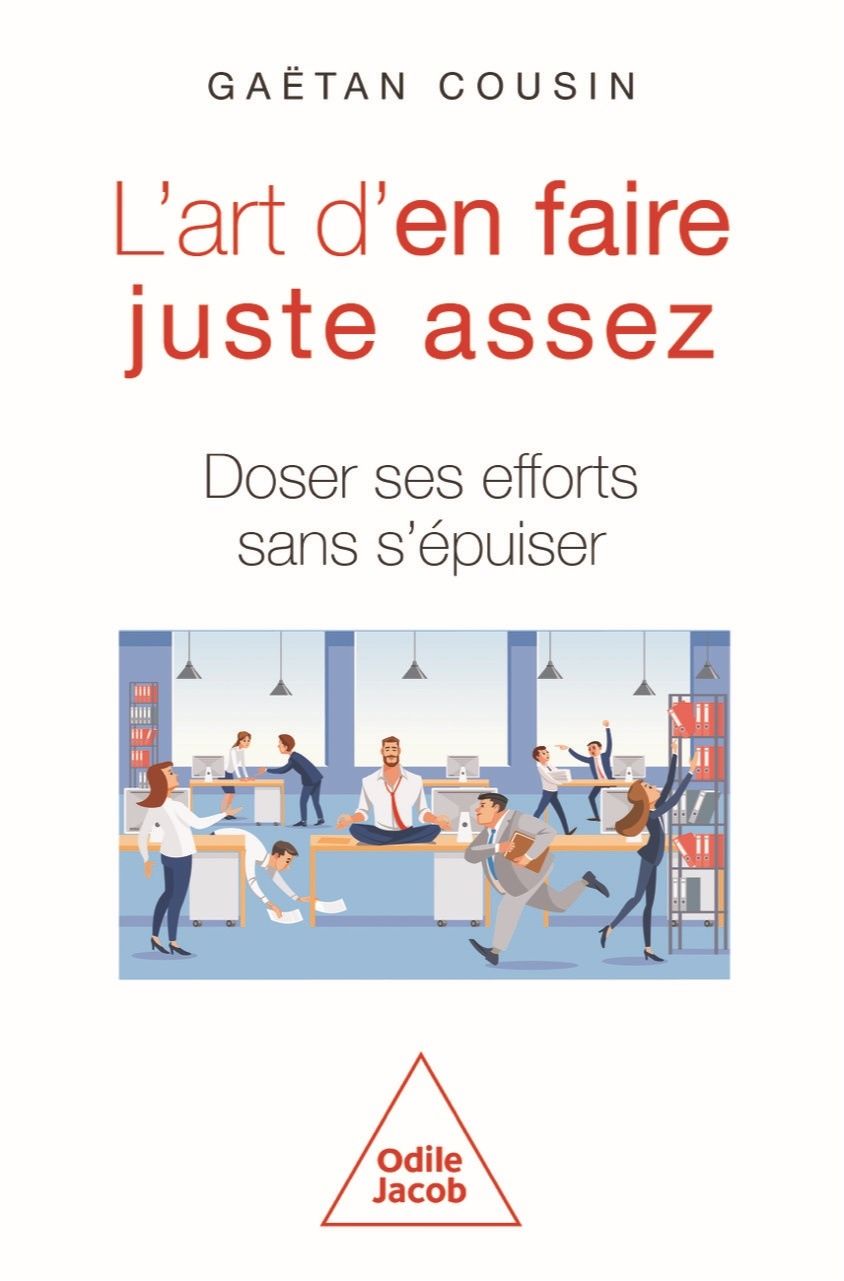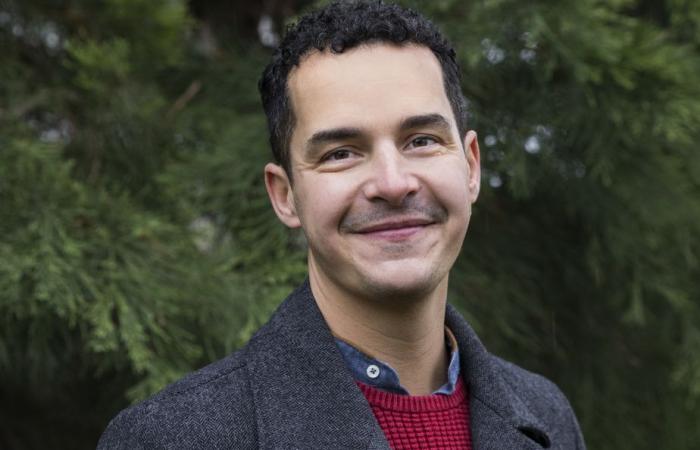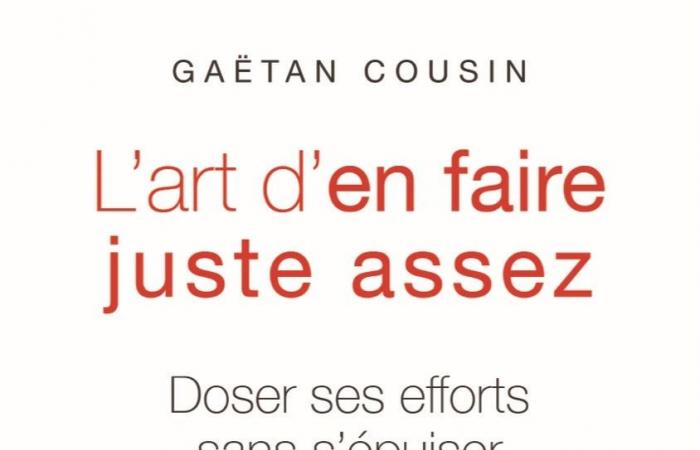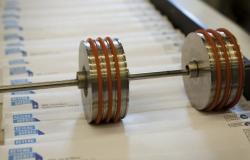Are we doing too much? Or not enough? With the book The art of doing just enough – Measuring your efforts without exhausting yourselfauthor and psychologist Gaëtan Cousin helps us find balance without feeling guilty. In our society where we tend to overvalue effort, this book is good. Interview.
Posted at 7:00 p.m.
What is effort?
In general, when we talk about effort, we are talking about physical and mental effort. It is the energy deployed to walk, run, to complete a simple or complex task. What I wanted to do with this book is talk about emotional struggles. We don’t often talk about it, even though most of the efforts we make in daily life are not physical or intellectual efforts, but emotional ones. We will endure an unpleasant emotion, tolerate annoying things, we will hide our stress or boredom, overcome our anxiety, contain our impatience. These are all emotional efforts. The greater and more frequent these efforts, the less easy life seems to us.
Can the end of year celebrations represent emotional strain for some?
PHOTO BRIGITTE BESSON, PROVIDED BY ÉDITIONS ODILE JACOB
Author and psychologist Gaëtan Cousin
Yes, it’s an iconic moment. It all depends on how we view Christmas: is it a time we like or not? If being with the whole family with whom we sometimes have complicated relationships is a chore, just like the stress of giving gifts and planning the Christmas meal, the emotional effort will be greater, because it will be experienced as an obligation. Conversely, if family gatherings are a real pleasure, the emotional effort will be less. One of the keys is to introduce meaning to our emotional efforts, because the more meaningful the activity is to us, the less unpleasant the effort will be.
Does our time overvalue effort?
The social discourse on effort is not always coherent. We worship effort, but we also want to avoid it! We value effort and surpassing ourselves in many professional and sporting fields, we also aim very high in our personal lives, but conversely, we little value intellectual effort. We tell ourselves that we must not worry. It’s difficult to navigate, and you wonder: am I doing too much or not enough?
In your book, you advocate finding the right balance.
Yes. And to get there, you have to make choices based on your time, your energy and your values. Perfection doesn’t exist. Models of success are put forward – a brilliant career, super fulfilled children, a house that is always impeccable, healthy meals, a perfect body, interesting social activities – but if we want to check all these boxes, we are going to exhaust. You can’t have everything. You have to ask yourself the question: what is important to me, according to my values? So, I’m going to put more effort into it.
You talk about appropriate efforts. What is adapted effort?
It is about giving effort a fair place in our lives, seeking balance between two excesses: exhaustion and apathy. An appropriate effort is a well-placed effort that allows you to move towards your life goals calmly, avoiding exhaustion and regularly leaving room for ease. The idea is to understand that we all have a limited amount of energy and that we must manage to manage it better, not to exhaust ourselves, which allows us to move towards our goals in life.
As a psychologist, do you most often see people who are doing too much or not enough?
People who do too much, who end up having depression. I see perfectionists, people who are constantly dissatisfied with themselves, because they feel like they’re not trying hard enough, like they’re chasing time. They are called pathological or excessive perfectionists. Afterwards, there are some who have a lack of exercise tolerance, but it is rarer.
Is it possible to avoid the effort?
If we try to avoid any effort, after a while, life takes its revenge! Daily life catches up with us, it will not be possible in our professional or personal life, so we cannot avoid all effort. On a psychological level, it is even dangerous. People who engage in emotional avoidance, who avoid confronting their fears, or who seek the easy way out end up suffering in one way or another. Conversely, if we have a pattern of too high demands which leads to too much effort, we fall into exhaustion or a chronic feeling of dissatisfaction with ourselves. The whole art is to achieve a balance, we force ourselves a little every day, but there must also be room for ease on a daily basis, because we cannot chain chores and efforts emotional every day, all week and all year.

The art of doing just enough – Measuring your efforts without exhausting yourself
Gaëtan’s cousin
Odile Jacob Editions
173 pages








